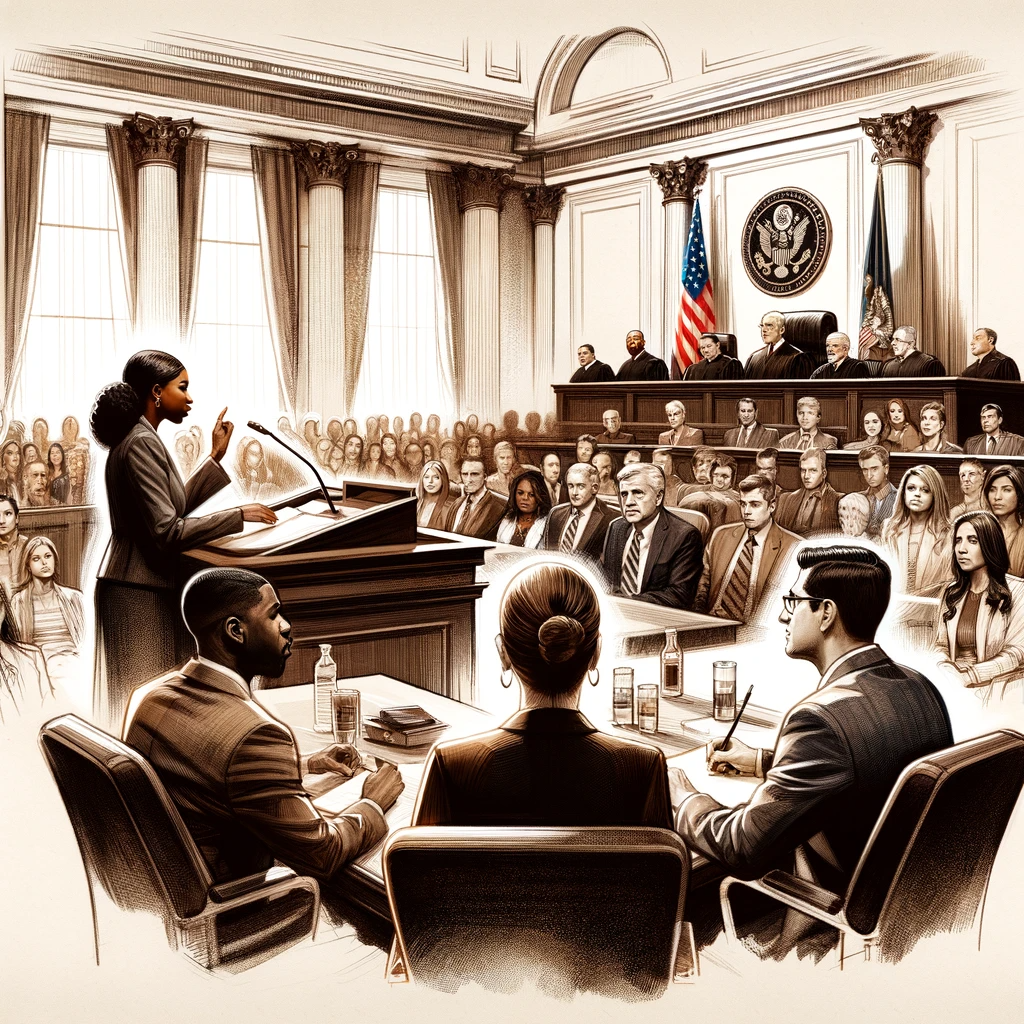Case Digest: Percoco v. United States

This case examines whether a private citizen with significant influence over government decision-making can be convicted of honest-services wire fraud. The key legal principle established is the clarification of the scope and applicability of honest-services fraud, particularly regarding private individuals who exert substantial influence over public officials or governmental decisions.
Introduction:
Percoco v. United States presents a significant inquiry into the boundaries of honest-services fraud, a concept with evolving interpretations in the legal system. This case, argued in November 2022 and decided in May 2023, delves into the complexities of whether a private citizen's influential actions can constitute honest-services wire fraud.
Facts of the Case:
Joseph Percoco, former Executive Deputy Secretary to New York Governor Andrew Cuomo, was indicted for honest-services wire fraud among other charges. During an eight-month hiatus from his government position, Percoco managed Cuomo's reelection campaign. During this period, Percoco allegedly accepted payments totaling $35,000 to influence government decisions, notably persuading Empire State Development (ESD) to waive a requirement for a real-estate development company. This action raised questions about his duty of honest services while not officially holding a public office.
Issue of the Case:
The primary legal issue was whether a private citizen like Percoco, who temporarily left public office but retained significant governmental influence, could be convicted of honest-services wire fraud. The case centered on defining the scope of a private citizen's duty to provide honest services and their liability under wire fraud statutes.
Ruling of the Case:
The Supreme Court reversed the lower court's decision. The Court found that the jury instructions based on the Margiotta standard from a 1982 Second Circuit decision were too vague and did not adequately define the scope of honest-services fraud. The Court ruled that this standard failed to provide clear guidelines on when a private individual owes a duty of honest services to the public.
Impact on the Legal System:
The ruling significantly narrows the application of honest-services fraud, particularly concerning private individuals with governmental influence. It clarifies that not all private persons exerting influence over government decisions can be charged with honest-services fraud, thereby imposing stricter requirements for such convictions. The decision also underscores the importance of clear legal standards in defining criminal liabilities.
Conclusion:
Percoco v. United States marks a pivotal clarification in the legal understanding of honest-services fraud. It establishes that the legal boundaries of this doctrine are not as expansive as previously interpreted, particularly in the context of private individuals' interactions with government entities. This case reinforces the principle that criminal statutes must be clearly defined to ensure fair notice and prevent arbitrary enforcement.

